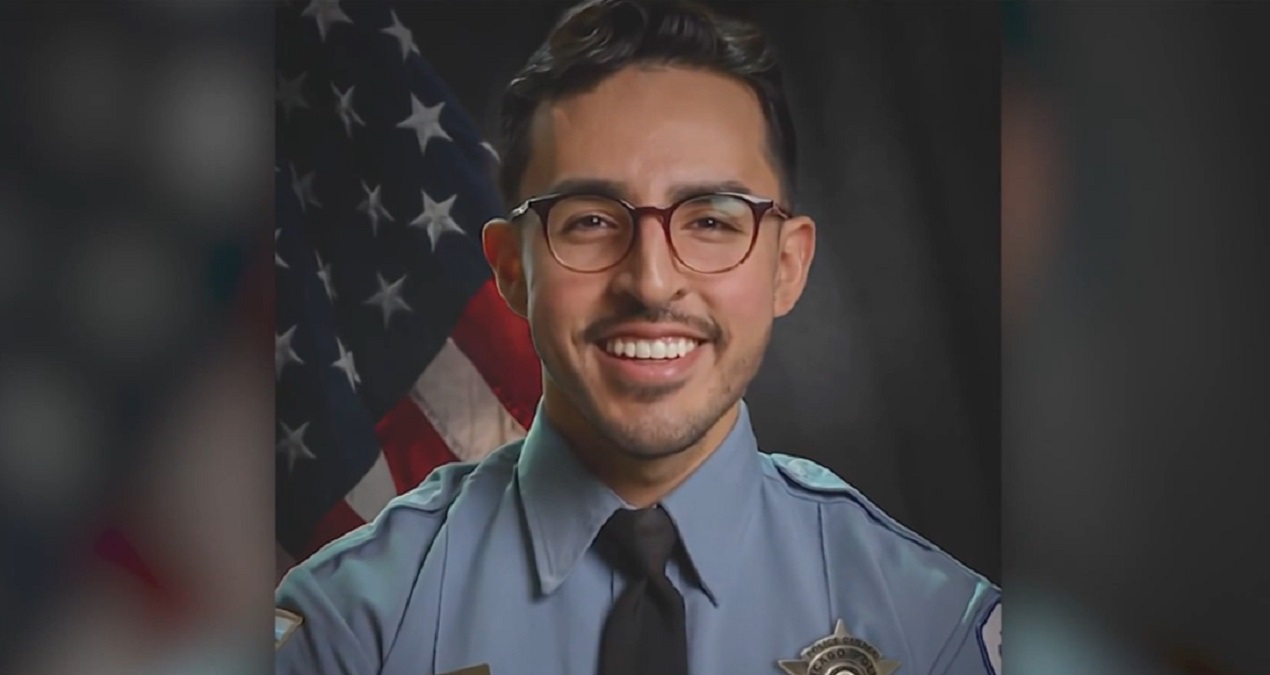A federal judge in Chicago has dismissed a lawsuit filed against the National Hockey League by the parents of late Minnesota Wild enforcer Derek Boogaard, who died from an accidental overdose of painkillers when he was 28.
U.S. District Judge Gary Feinerman sided Monday with the NHL largely on technical grounds, the Chicago Sun-Times is reporting. But at the end of his 20-page ruling, Feinerman made clear he offered no endorsement of a league accused by Boogaard’s family of cultivating a “culture of gratuitous violence” and glorifying “the vicious bare-knuckle fist-fights that occur on the ice.”
“This opinion should not be read to commend how the NHL handled Boogaard’s particular circumstances — or the circumstances of other NHL players who over the years have suffered injuries from on-ice play,” Feinerman wrote.
Boogaard played for six years, mostly for the Wild but also for the New York Rangers. He was 6 feet 7 inches tall and 270 pounds. He scored only three goals in 277 regular season games but he took part in at least 66 fights on the ice, “and numerous fights during practice,” according to his parents’ lawsuit.
He became addicted to the opioid painkillers that team doctors would prescribe. And in May 2011, while on weekend release in Minnesota from a second stay in rehab, Boogaard overdosed on Percocet and died, court records show.
The Boston University School of Medicine studied Boogaard’s brain and found he had Stage II chronic traumatic encephalopathy “as a result of repeated blows to the head during his hockey career,” according to the lawsuit. The condition caused deterioration in the areas of the brain “that control judgment, inhibition, mood, reasoning, behavior and impulse control.”
However, Feinerman ruled the claims made by Boogaard’s parents, Len and Joanne Boogaard, were governed by Minnesota law. That state requires a wrongful death lawsuit to be brought by “a court-appointed trustee,” the judge wrote. And he pointed out that Boogaard’s parents are “personal representatives” and not “trustees,” and it’s too late for them to correct that.
Local
The judge also said they’ve been aware of that legal technicality for three years. He called it an “inexcusable and inexplicable delay.”
However, the judge said there were other grounds for dismissing the Boogaards’ lawsuit, even if his parents had sought to be appointed as trustees.



